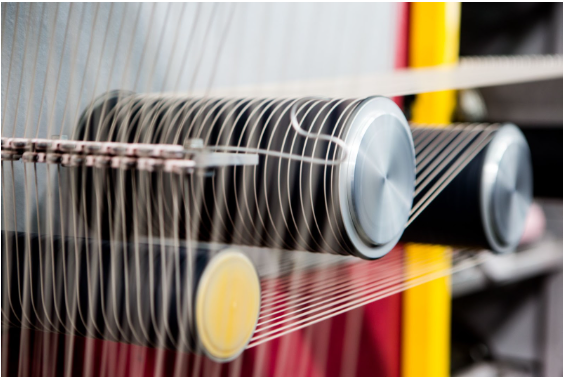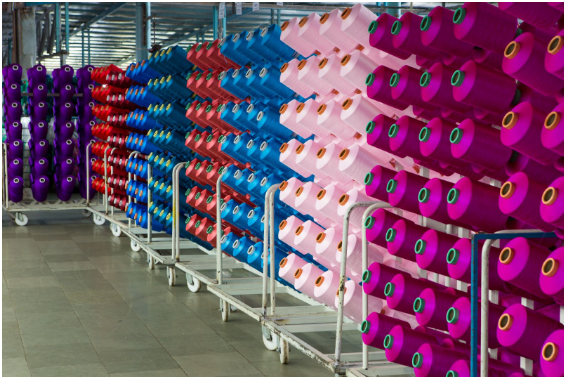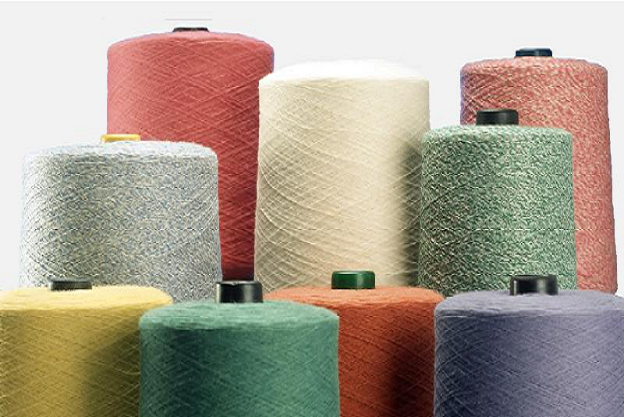What are bonded threads?
Typically used by sewing thread manufacturers, bonded threads are continuous filaments with high tenacity. A resin coating is applied to single-ply threads to deter any untwisting during the sewing process. Furthermore, these UV-stable threads are two, three or four-ply materials coated with resin or polyester to keep the threads together during the loop creation. Being slightly stiff, bonded threads can pass through the eye of the needle easily. Apart from that, they are smooth and have a uniform surface that makes the stitch formation consistent. Bonded polyester threads are used in awnings, sailing, boat covers, tarpaulin, travel packs, luggage and other industries.
What is the process of making bonded threads?
Bonded threads are manufactured with aqueous-based bonding agents that use a foam delivery system. This process of making bonded threads include the below-mentioned steps:
- A multi-ply filament structure is used for creating bonding threads.
- The following step includes the foaming of a liquid stream that comprises water and a bonding agent by use of a gas stream. To provide an aqueous foam, the bonding agent used in this process is chosen from the group of at least one polyurethane and polyethene terephthalate bonding agents.
- This aqueous foam is then applied to the multi-ply filament structure.
- This process is concluded with heat treatment to the foam-coated filament structure. The temperature in this is typically 160 degrees C or more.
When do you use bonded threads?
Industrial sewing processes require a spectrum of threads that are chosen according to their characteristics and uses. However, if your manufacturing requirement entails high-speed, multi-directional sewing, then bonded threads are the best choice. Bonded threads have a smooth and even finish that exhibits friction resistance, making them ideal for these types of sewing. These threads prevent cuts and snags during the process and their raisin coating prevents the plies of threads from unfolding in the reverse direction and getting clumped together. Manufacturers creating a product that requires smooth stitching and uses high-speed machinery can use bonded threads for the process. Moreover, you can opt for bonded threads if your stitch seam integrity is crucial for your process.
What are the benefits of bonded threads?
Bonded threads are used in a variety of industrial applications. Due to its thick material, bonded threads are used in leather, flat slings, composites and other compound materials. These threads are widely used in other industrial applications that include heavy tarps, geotextiles, automotive upholstery and canvas. They are also a great first for heavy stitching applications such as lifting slings, automotive airbags, tie-downs, sports equipment, parachutes and rock climbing gear. Bonded threads are used in place of soft yarns in various applications including optic cable fibres, binders, ripcodes and more. When coatings are applied on bonded threads, they exhibit resistance to UV exposure along with the prevention of fading or damage from chemicals.
AYM Syntex is a leading synthetic yarn producer, which supplies high-quality and durable yarn for your industry. Be it specialty yarns or multi-polymer yarns, our innovative approaches help us produce and deliver excellent yarns. Reach out to us for more information.
Also Read:
i.Everything You Should Know About Bulk Yarn




